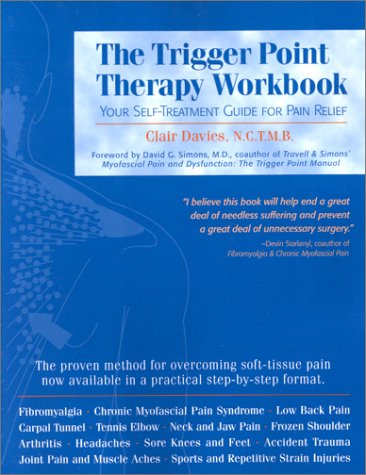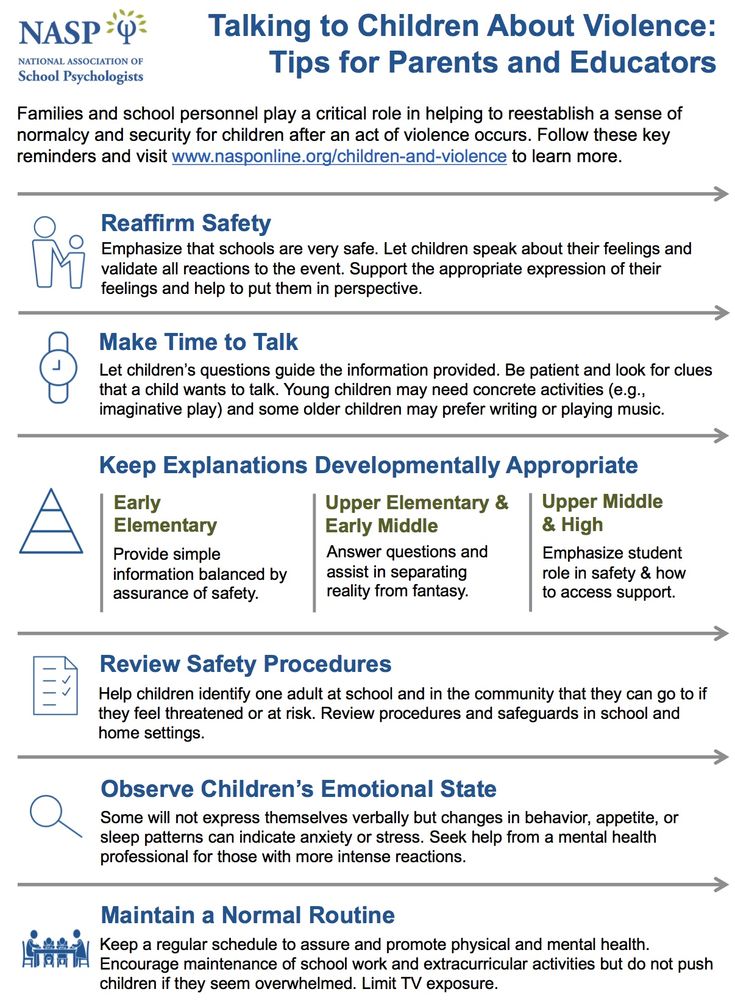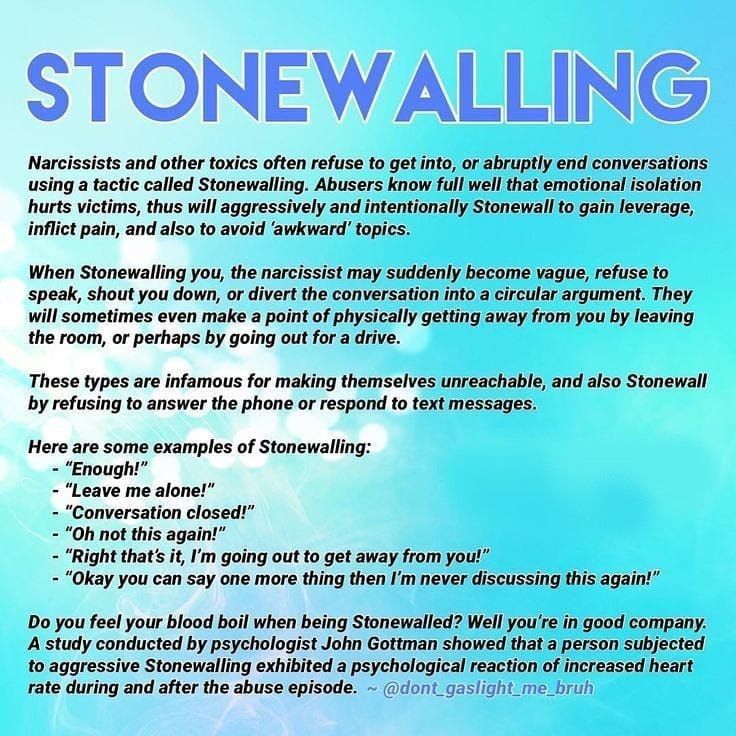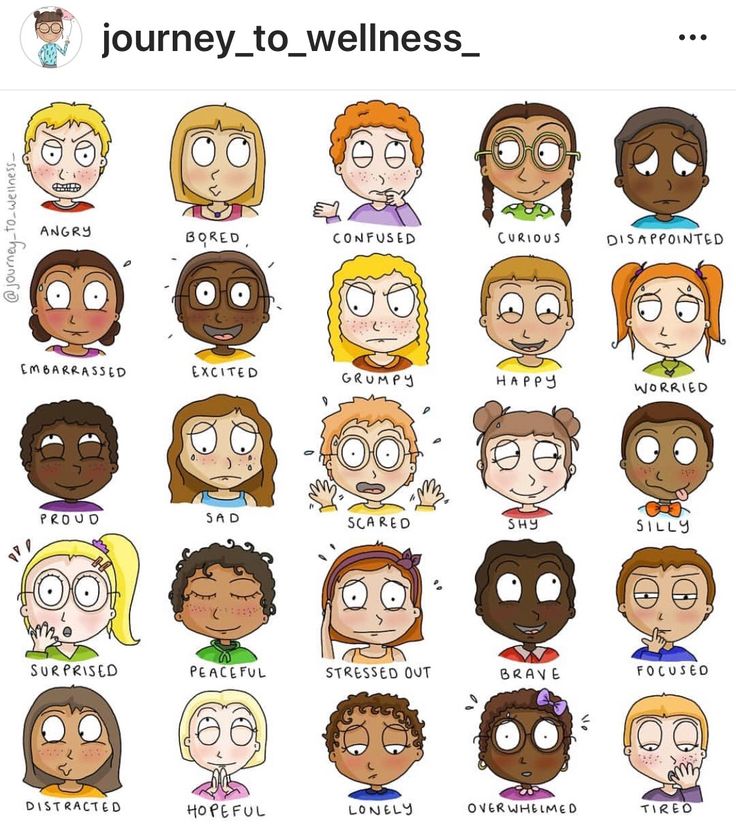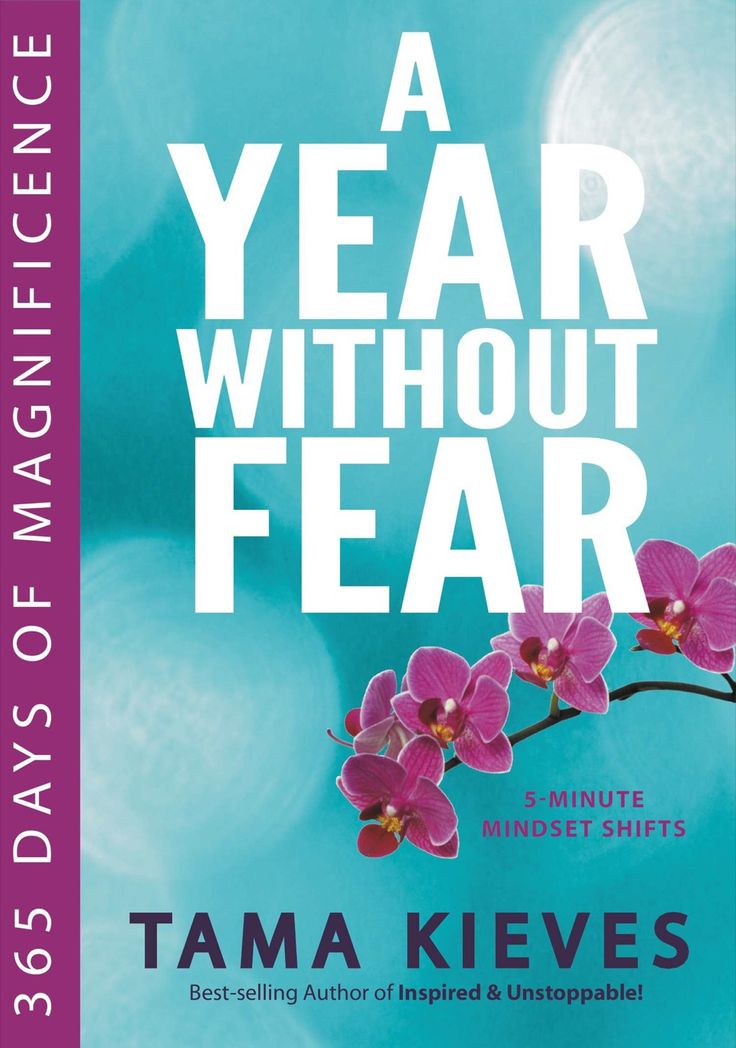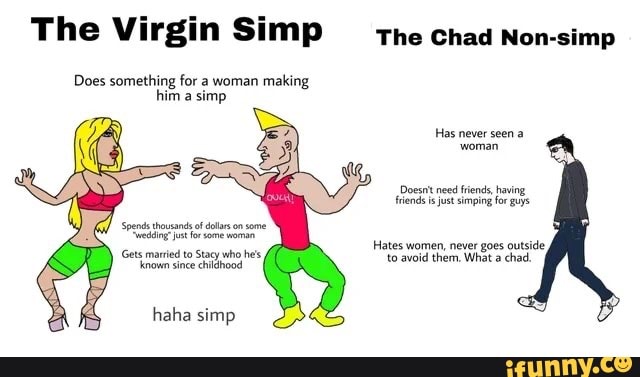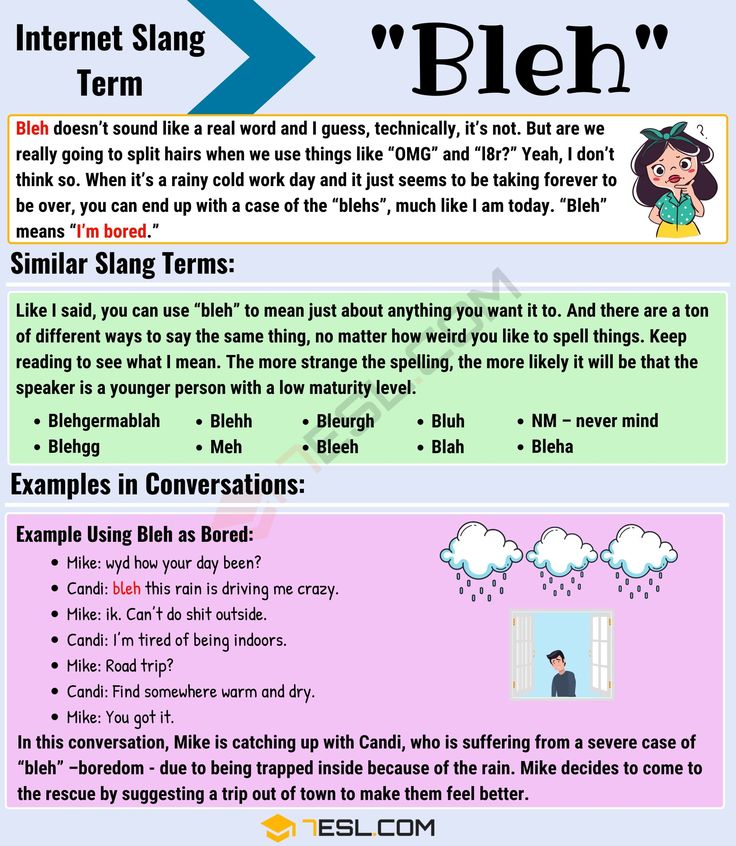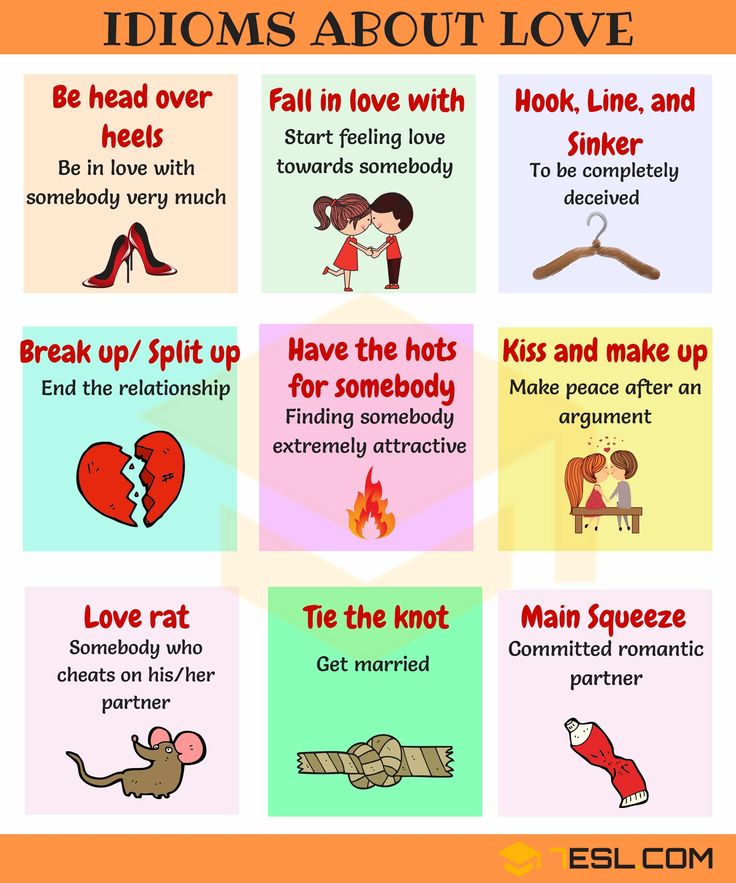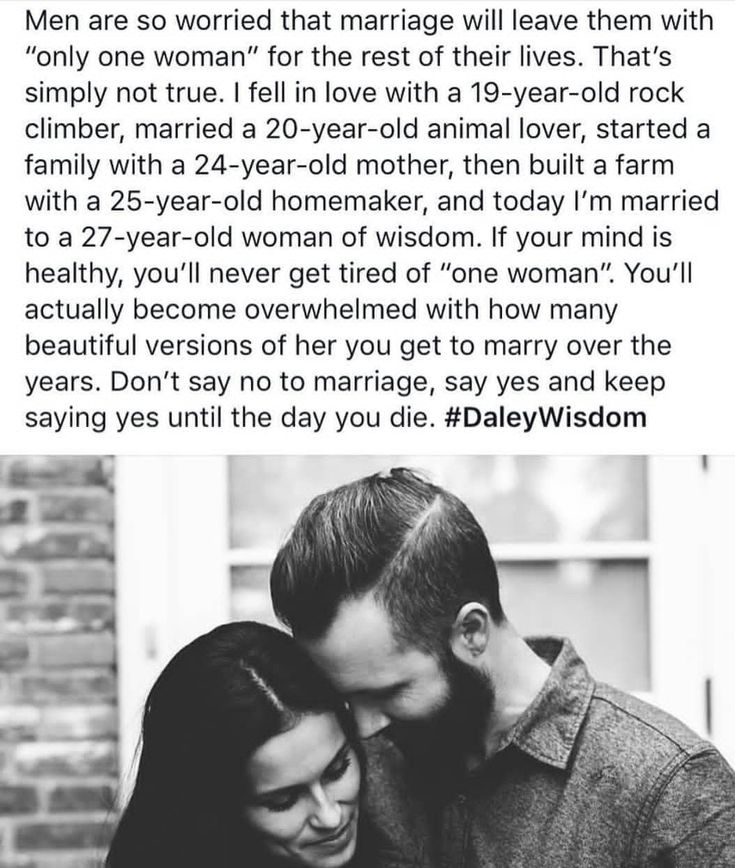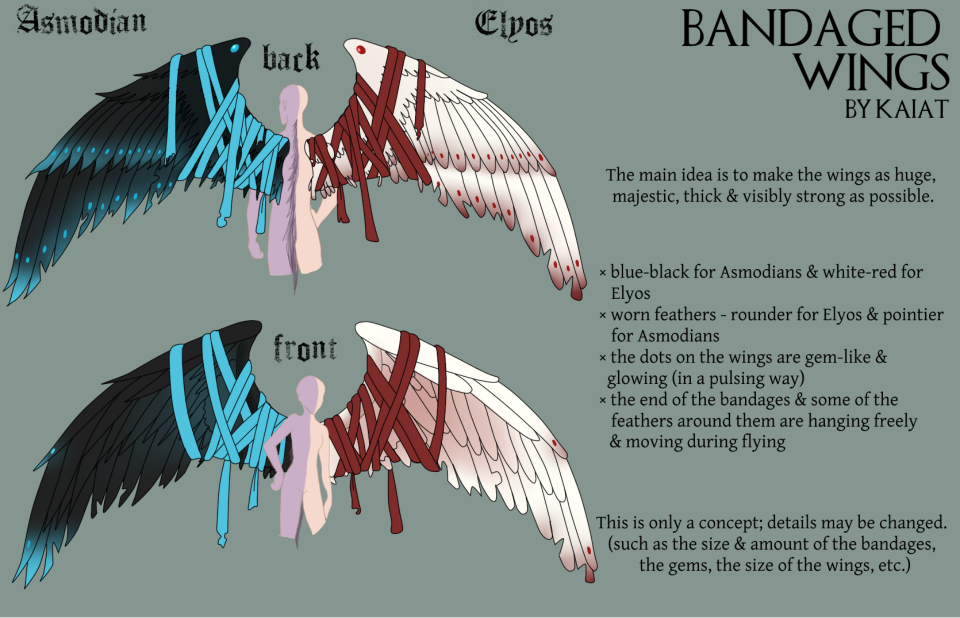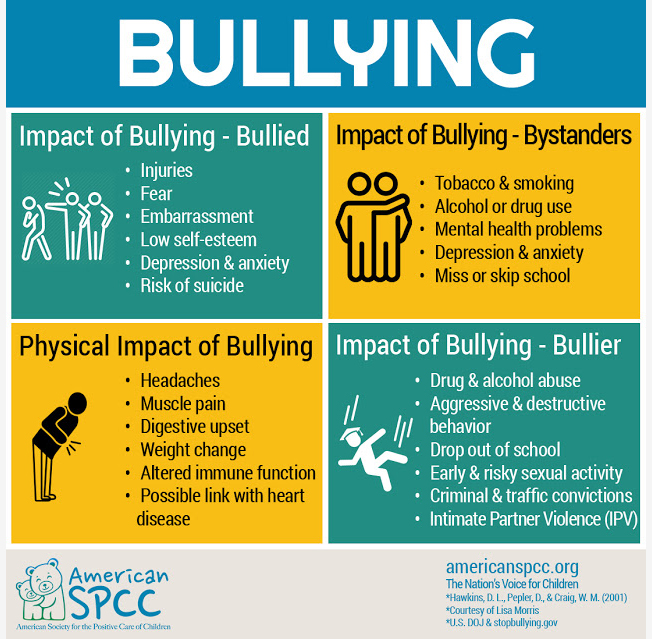Self therapy books
15 of the best self-help books for when you can't get to therapy
A quick note that some of my posts contain affiliate links. When you buy through these links, I may earn a commission.
I owe a lot to therapy. After I was diagnosed with PTSD and anxiety disorders, EMDR therapy essentially changed who I was.
I’ve been thinking lately of sending a message to the therapist I saw in my late teens to share what I’ve achieved since then… travelling on my own, moving to two different countries, starting businesses, getting married. So much of that would have been very difficult if I’d stayed in my anxious shell.
Ideally, we’d all be seeing a therapist. But first up, therapy can be expensive. You’re busy. Maybe you just want to start doing some of the work yourself first. Or perhaps, you’ve done a lot of therapy already and now just want a top-up.
Book a session with a professional if you can, especially for more severe challenges, but here are some of the best self-help books to read when you can’t get to therapy to find a bit more peace, understanding, and acceptance.
- Best for self-reflection: The Resilience Workbook
- Best for finding meaning: The Socrates Express
- Best for coping with loss: When Things Fall Apart
- Best for navigating relationships: The Course of Love
- Best for self-care: My Inner Sky
- Best for easing anxiety: Hope and Help for Your Nerves: End Anxiety Now
- Best for when you’re experiencing depression: Reasons to Stay Alive
- Best for burnout or when you’re stuck in a rut: Wintering
1. My Inner Sky: On Embracing Day, Night, and All the Times in Between By Mari Andrew
My Inner Sky is a gorgeous book by writer and illustrator Mari Andrew, offering a collection of essays and illustrations divided into phases of the sky – twilight, golden hour, night, and dawn – that reflect the ups and downs of life.
Mari explores all of the emotions that make up a life and offers insights about trauma and healing, loneliness and love, and shares empowering wisdom on how to turn all of it into something meaningful.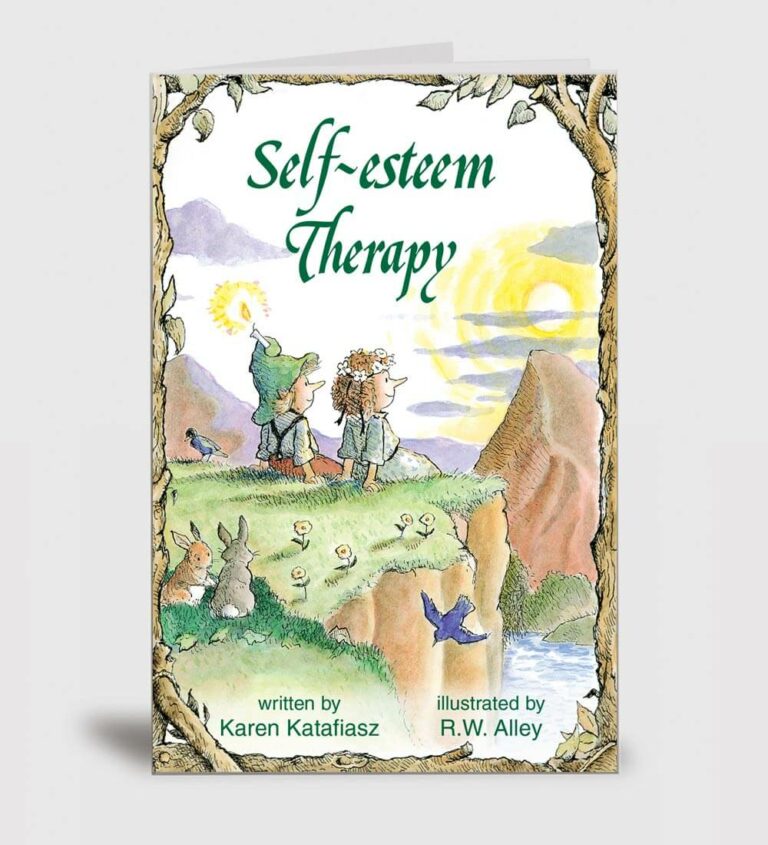
2. The Resilience Workbook: Essential Skills to Recover from Stress, Trauma, and Adversity
Some of the best types of books to read when you can’t get to therapy are workbooks created by therapists and experts.
The Resilience Workbook is one of the best self-help workbooks, consisting of a step-by-step approach to help you recover from setbacks, stay calm under pressure, build self-esteem, and get through difficult situations.
Set aside time in your schedule to work on mental health activities, and start a dedicated notebook or word document to use with this workbook. In particular, the journaling exercises can be really beneficial – don’t skip them!
3. The Socrates Express: Searching for Life Lessons from Dead Philosophers By Eric Weiner
What can we learn from dead philosophers? Quite a lot, says Eric Weiner in The Socrates Express, a fun book that’s full of wisdom.
Traveling by train (the most thoughtful mode of transport, he believes), Eric Weiner journeys thousands of miles, making stops in Athens, Delhi, Wyoming, Coney Island, Frankfurt, and points in between to reconnect with philosophy’s original purpose: teaching us how to lead wiser, more meaningful lives.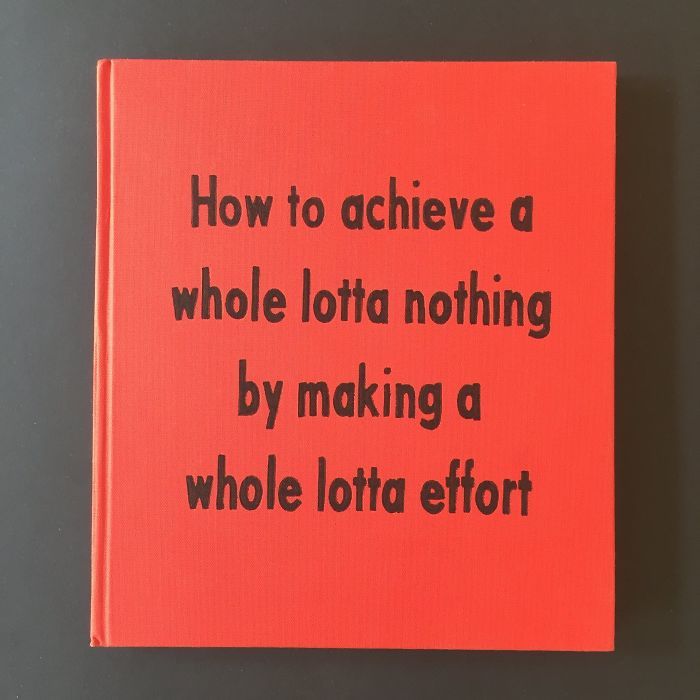
From Socrates and ancient Athens to Beauvoir and 20th-century Paris, Weiner’s chosen philosophers and places provide timeless practical and spiritual lessons that are still very relevant for today’s chaotic times.
4. Hope and Help for Your Nerves: End Anxiety Now by Claire Weekes
This bestselling self-help book for anxiety – based on the author’s years of experience treating patients – will show you step-by-step how to break the cycle of anxiety and feel calmer and more balanced every day, no matter what life throws at you.
In a Reddit post on the best books for anxiety, amanda_l3ee shares how the author “talks about how your brain can trick your body into feeling things and then those things make your brain spiral deeper until you are caught in a loop of anxiety. Just understanding that this happens and I’m not crazy has helped me manage my anxiety.”
5. Meditations by Marcus Aurelius
I first read Meditations during one of the most anxious periods of my life, while studying for my undergrad degree in the UK.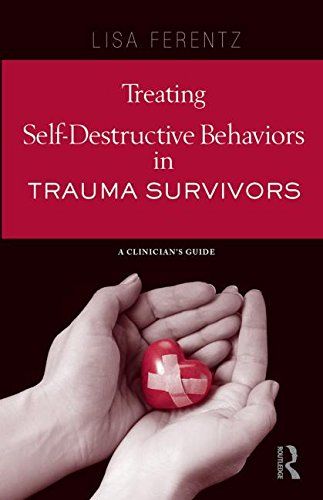
I remember reading a Penguin paperback of Meditations in a little coffee shop during the weekends, shortly before I found the courage to end a relationship, travel abroad alone for the first time, and then move to Switzerland.
This book – Marcus Aurelius’s private journal – is the first self-help book ever written, and it’s just as applicable today as it was two thousand years ago.
Get your copy and turn to it when you’re feeling lethargic, lost, sweating the small stuff, or lacking motivation.
6. I Thought It Was Just Me… But It Isn’t by Brene Brown
No one writes about shame and vulnerability like Brené Brown does. I Thought It Was Just Me… But It Isn’t is Brené’s liberating celebration of the importance of our imperfections, both to our relationships and to our own sense of self.
7. The Body Keeps the Score by Bessel Van Der Kolk
The Body Keeps the Score is one of the most popular books about trauma and the mind-body connection, reaching bestseller lists and helping millions of people to think about how the past is still showing up in their body.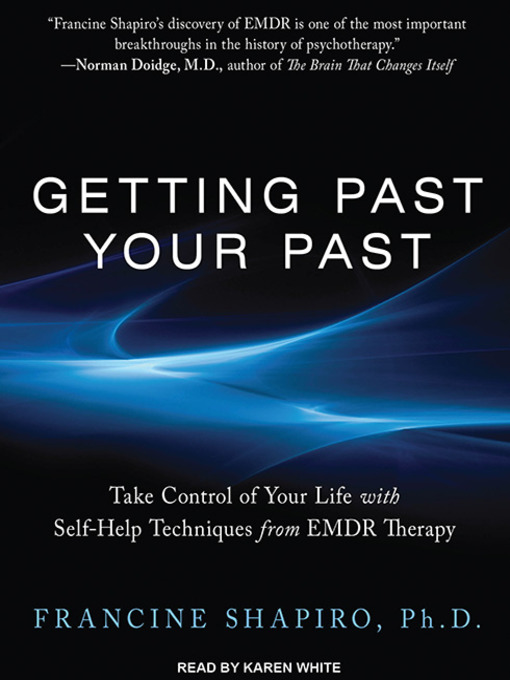 It’s also one of the most recommended books by therapists.
It’s also one of the most recommended books by therapists.
Ever since I read it, I’ve been more conscious of how I feel in my body – how I’m holding my breath, feeling tense in my shoulders, tightening my muscles. The On Being podcast episode with Bessel Van Der Kolk is fabulous too.
8. The Wisdom of Insecurity by Alan Watts
When we spend all of our time worrying about the future and lamenting the past, how can we enjoy the present moment?
Here in The Wisdom of Insecurity, philosopher Alan Watts shows us how – in an age of unprecedented anxiety – we can find fulfillment by embracing the present and living more fully in the now.
This isn’t about solving all of our problems and boosting our confidence. In fact, Alan Watts shows us that true security can only come from understanding that impermanence and insecurity are the essence of our existence.
This beautiful book is a guide to return to again and again for comfort in challenging times.
9. The Course of Love by Alain de Botton
I’ve recommended The Course of Love to so many people, and so many people have recommended it to me as well.
It’s a guidebook to love, really, told as a novel yet interjected with philosopher Alain de Botton’s trademark comments on the psychology, sociology, and philosophy of love.
Why is love never smooth sailing? Why do our partners infuriate us? And why is our partner so uniquely infuriating?
Read this book if you’d like an answer – it’s one of the most impactful non-fiction books you can read. (Spoiler: we’re all infuriating and crazy in our own way, and only those we don’t know very well seem totally sane.)
10. Maybe You Should Talk to Someone: A Therapist, Her Therapist, and Our Lives Revealed By Lori Gottlieb
In Maybe You Should Talk to Someone, therapist Lori Gottlieb shares the story of when she realised that she was in desperate need of therapy herself: after an unexpected breakup left her feeling lost and devastated.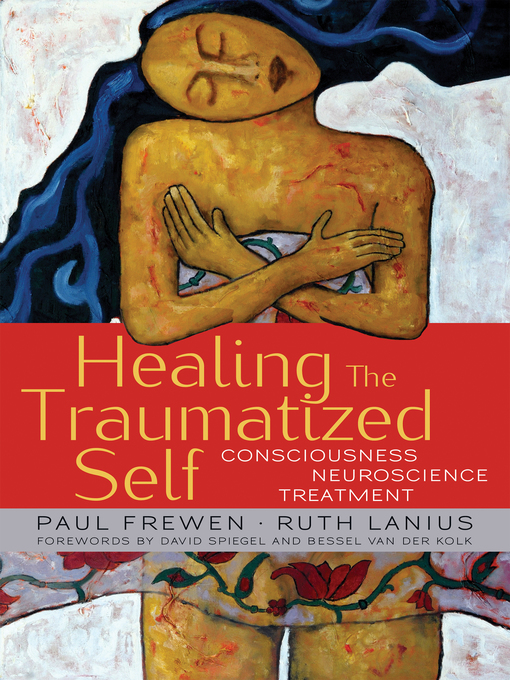
As Gottlieb explores the inner lives of her patients, she finds that the questions they’re struggling with are the very ones she is now bringing to her own therapist.
11. The Happiness Trap by Russ Harris
The Happiness Trap counters the idea that we’re always supposed to be happy… which is, quite frankly, making us all miserable. I love this illustrated edition that makes the book even more accessible and easy to digest.
In this self-help book for depression, Harris shows you how to use Acceptance and Commitment Therapy (ACT) as a simple, self-administered therapy based on mindfulness to start living more fully, reduce stress, and treasure the range of emotions that make up a satisfying life.
12. Feeling Great: The Revolutionary New Treatment for Depression and Anxiety by David D. Burns
In Feeling Great, Dr. David Burns shares how our negative thoughts don’t result from what’s wrong with us, but rather from what’s right with us.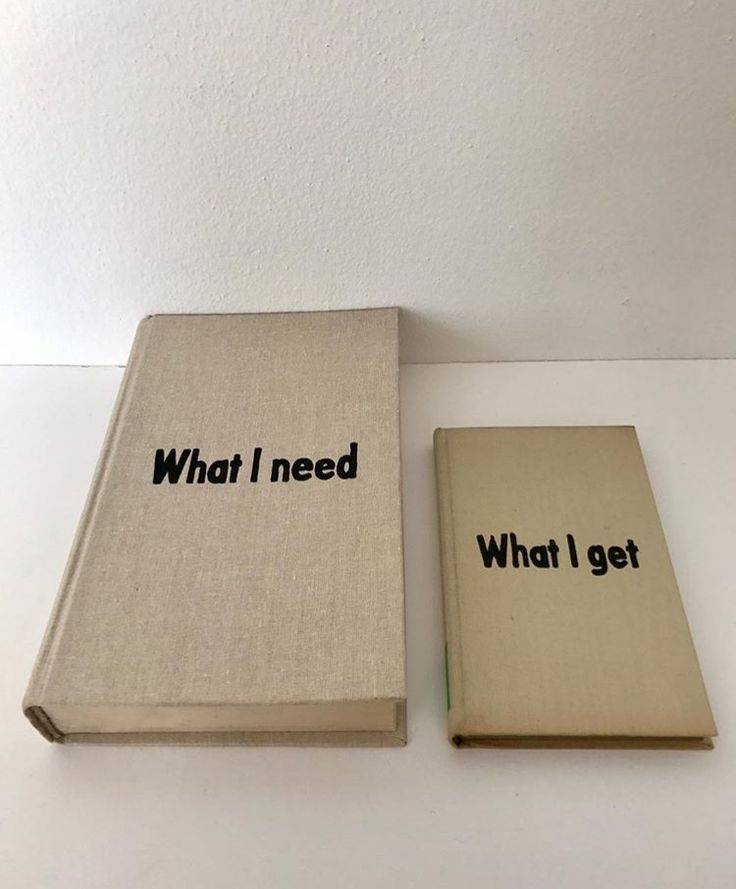 Our minds are trying to tell us something, and our job is to listen. Only then can we realise that we don’t need most of these negative thoughts anymore.
Our minds are trying to tell us something, and our job is to listen. Only then can we realise that we don’t need most of these negative thoughts anymore.
This is Dr. Burns’s fast-track way to help you start working through your depression yourself (or ideally, accompanied by a psychologist or other professional). It also goes beyond this, though, and shows you how to find your way back to joy.
13. Reasons to Stay Alive by Matt Haig
Reasons to Stay Alive is one of the best books about depression from the last decade – and one of the most popular too.
This is Matt Haig’s story of depression, written with the trademark honesty and vulnerability that he’s become so well-known for in the last few years.
It’s packed with memorable takeaways to revisit on the most difficult days, including a reminder that, with time, the light will come back into your life. It’s a good book for anyone with depression to read, but especially men struggling with depression.
14. Wintering by Katherine May
Wintering is one of the best books to learn to live by the seasons of your life and navigate burnout. You won’t always feel full of energy and creativity, but nor should you. Wintering is just as acceptable and inevitable. This is exactly what I needed to hear during my last period of burnout.
15. The Examined Life by Stephen Grosz
This beautifully written non-fiction book feels like therapy to read. The Examined Life is all about how we lose and find ourselves – in particular, how our minds respond to trauma and deal with loss, based on the author’s decades of experience working as a psychoanalyst.
Each chapter offers a fictionalised version of a client; each one crafted with such intricacy and empathy that the book almost reads like fiction.
Enjoy more from me
- Retreat into my new book, Your Life in Bloom: Finding Your Path and Your Courage, Grounded in the Wisdom of Nature.
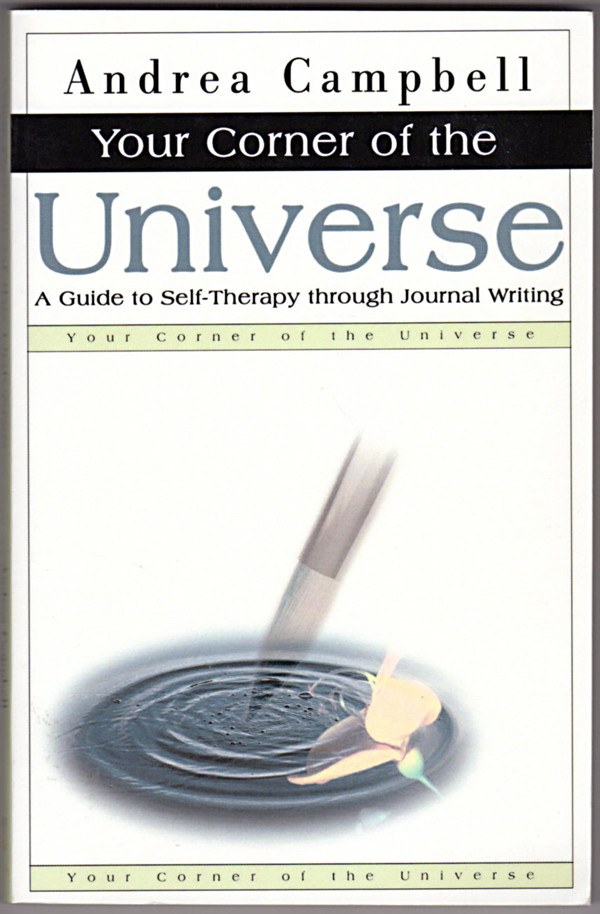
- I'm also the author of Mountain Song: A Journey to Finding Quiet in the Swiss Alps, a book about my time living alone by the mountains.
- If you love books, are feeling a little lost right now, and would love some gentle comfort and guidance, join The Sanctuary, my seven-day course to rebalance your life.
The 7 Best Self-Help Books of 2022
Are you ready to begin your journey to mental health recovery? These seven self-help books may help you get started.
- Best for anxiety: Don’t Feed the Monkey Mind: How to Stop the Cycle of the Anxiety, Fear, and Worry
- Best for depression: The Dialectical Behavior Therapy Skills Workbook: Practical DBT Exercises for Learning Mindfulness, Interpersonal Effectiveness, Emotional Regulation, & Distress Tolerance
- Best for trauma: What Happened to You? (Conversations on Trauma, Resilience, and Healing)
- Best for setting boundaries: Set Boundaries, Find Peace: A Guide to Reclaiming Yourself
- Best for students or people with ADHD: The Smart but Scattered Guide to Success: How to Use Your Brain’s Executive Skills to Keep Up, Stay Calm, and Get Organized at Work and at Home
- Best for worrying: Worry Trick: How Your Brain Tricks You Into Expecting the Worst and What You Can Do About It
- Best for vulnerability and leadership: Daring Greatly: How the Courage to Be Vulnerable Transforms the Way We Live, Love, Parent, and Lead
Self-help books can make a real, positive impact on your mental health, especially if you can’t immediately connect with a therapist.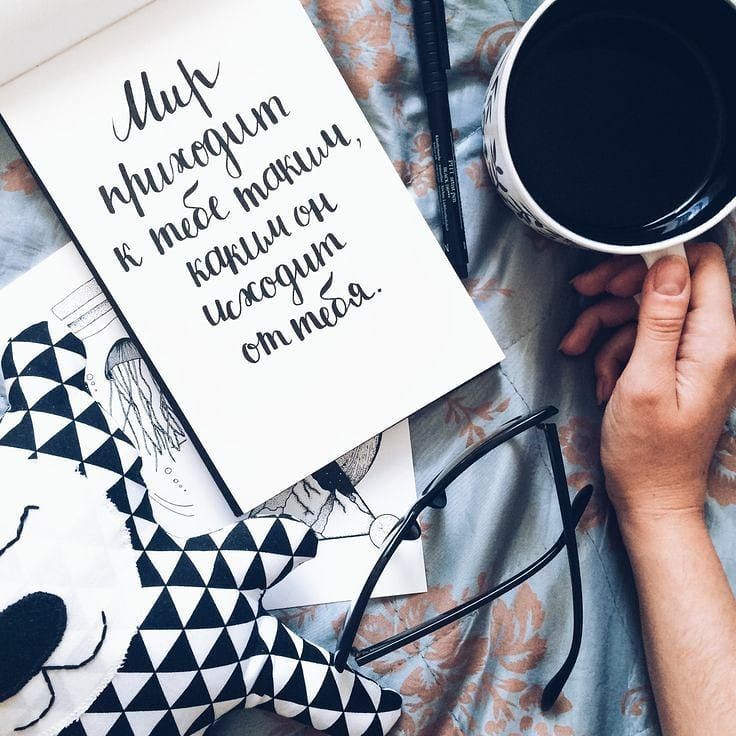
In a 2014 study, researchers found that self-help books can successfully improve mindfulness and acceptance skills and outcomes in your life, even without the face-to-face care of a mental health professional.
There are many reasons why you may not be able to access psychotherapy or pharmaceutical treatment for your mental health. These reasons include limited funds, limited transportation, and stigma against various treatments, whether talk therapy or medication.
A self-help book is one written with the intention of guiding you, the reader, through solving your personal problems.
Are they effective? Yes, they can be.
Specifically, older research indicates that self-help books targeted at specific mental health concerns, such as depression or obsessive-compulsive disorder, tend to be of higher quality. Researchers suggest they’re more effective because they explore specific issues in more depth and with greater accuracy over several chapters, instead of being confined to just one chapter.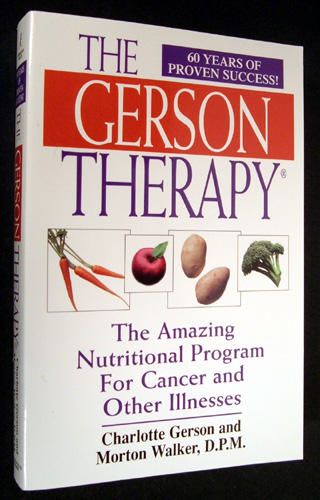
The researchers also noted that books written from a cognitive-behavioral perspective tend to be rated more highly by expert psychologists, which is consistent with the fact that CBT programs are considered one of the more established, and more effective, treatments.
We selected self-help books for this roundup based on the following criteria:
- positive user reviews, especially by other mental health providers
- high ratings
- author with a background in practicing mental healthcare
- reasonably priced
A note on price
General price ranges with dollar signs ($ to $$) are indicated below. One dollar sign means the product is rather affordable, whereas two dollar signs indicates a higher price range.
Prices for the physical format, most commonly paperback, were used for the price comparison. Most of the books also have Kindle and audio editions, which may increase or decrease the price slightly.
Pricing guide:
- $ = under or at $15
- $$ = over $15
Best for anxiety
Don’t Feed the Monkey Mind: How to Stop the Cycle of the Anxiety, Fear, and Worry
- Price: $
- Formats: paperback, Kindle, audiobook
Written by psychotherapist Jennifer Shannon, “Don’t Feed the Monkey Mind” is geared toward people looking to stop anxious thoughts.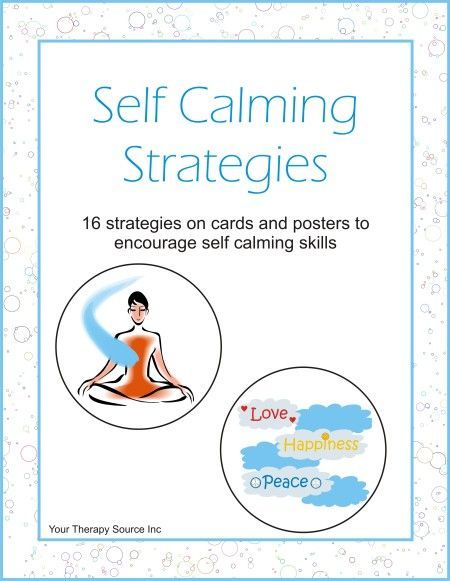 Shannon uses exercises throughout that teach cognitive-behavioral therapy (CBT), acceptance and commitment therapy (ACT), and mindfulness techniques.
Shannon uses exercises throughout that teach cognitive-behavioral therapy (CBT), acceptance and commitment therapy (ACT), and mindfulness techniques.
The book is focused on identifying your own anxious thoughts, questioning them, and looking at the core of your fears.
What we like
- The book uses many analogies and original illustrations throughout, making it easy to follow.
- Shannon offers clear strategies to practice managing symptoms of anxiety.
- The author focuses on your current anxious responses and how to deal with what’s happening in your mind today, as opposed to focusing on the root of the anxiety.
What to look out for
- The “monkey mind” analogy will be repeated for the entirety of the book, so if it doesn’t appeal to you, this book may not be right for you.
Buy “Don’t Feed the Monkey Mind” here.
Best for depression
The Dialectical Behavior Therapy Skills Workbook: Practical DBT Exercises for Learning
- Price: $
- Formats: paperback, spiral-bound, Kindle
This book is a resource aimed at helping those going through intense and painful emotions.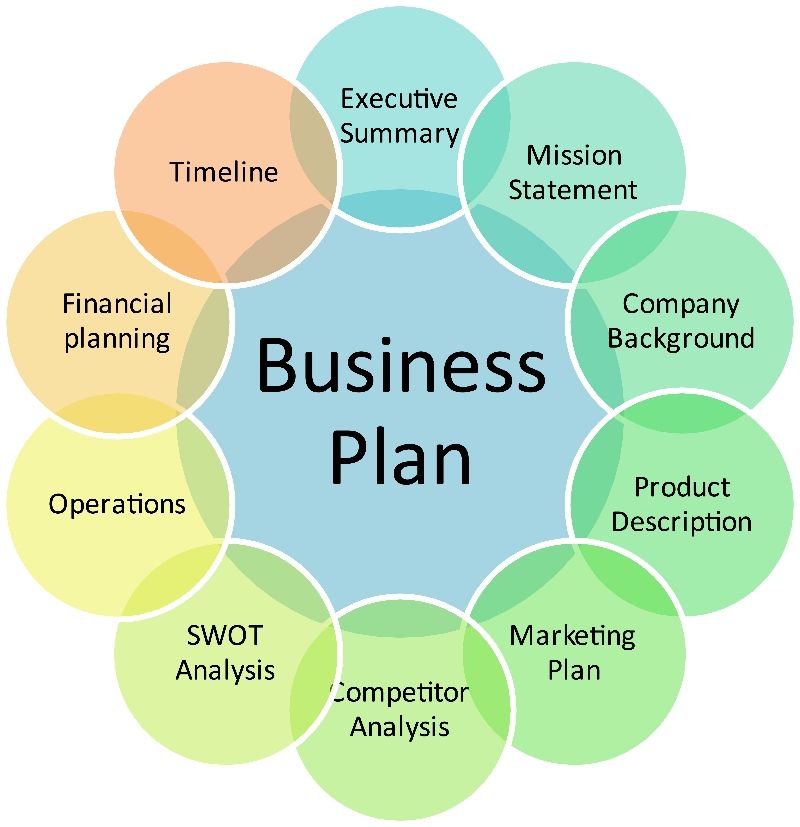 After each chapter, it uses dialectical behavior therapy (DBT), including exercises and activities, to teach the necessary skills for enduring strong negative emotions without resorting to harmful behavioral patterns.
After each chapter, it uses dialectical behavior therapy (DBT), including exercises and activities, to teach the necessary skills for enduring strong negative emotions without resorting to harmful behavioral patterns.
The book focuses on helping you build skills in:
- distress tolerance
- mindfulness
- emotion regulation
- interpersonal effectiveness
What we like
- The book starts with introductory exercises and moves to advanced-skill chapters as you make progress.
- It offers a clear and practical guide to DBT.
What to look out for
- It’s very much a workbook that comes with a lot of stopping, writing, and reflecting.
- This book is not intended to be read through in one or two sittings.
Buy “The Dialectical Behavior Therapy Skills Workbook” here.
Best for trauma
What Happened to You? (Conversations on Trauma, Resilience, and Healing)
- Price: $
- Formats: hardcover, Kindle, audiobook, audio CD
This book is geared toward those who are working through past trauma.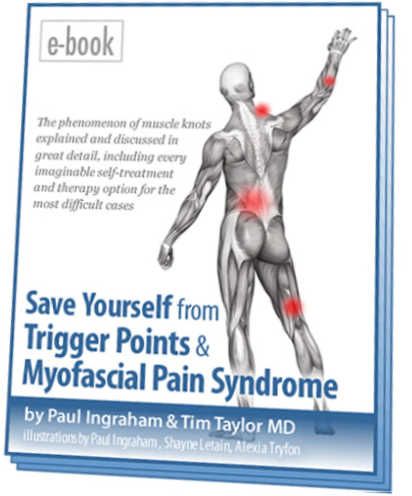 The author encourages readers to shift how they think about their trauma and emotional difficulties. The book does this by pushing back against the common, critical self-reflection, “What’s wrong with you?” Instead, it emphasizes a different question from another perspective: “What happened to you?”
The author encourages readers to shift how they think about their trauma and emotional difficulties. The book does this by pushing back against the common, critical self-reflection, “What’s wrong with you?” Instead, it emphasizes a different question from another perspective: “What happened to you?”
Oprah Winfrey and renowned brain and trauma expert Dr. Bruce Perry write in a personal voice to their readers, and urge us to consider how our earliest experiences shape our lives down the road.
What we like
- The book details the scientific research that explains how memory and trauma affect the brain.
- The authors introduce new research about how you can retrain your brain through new treatment methods.
- It uses anecdotes from the author’s personal experiences.
What to look out for
- The book is slightly more expensive than some of the other options on this list.
Buy “What Happened to You?” here.
Best for setting boundaries
Set Boundaries, Find Peace: A Guide to Reclaiming Yourself
- Price: $$
- Formats: paperback, hardcover, Kindle, audiobook
“Set Boundaries, Find Peace” is a comprehensive guide to understanding and establishing interpersonal boundaries.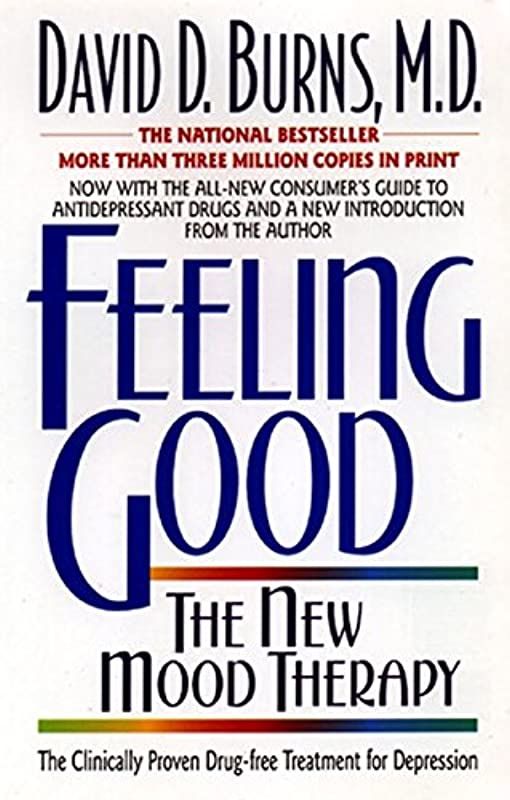 It uses CBT techniques to help you identify and express your needs clearly and without apology.
It uses CBT techniques to help you identify and express your needs clearly and without apology.
The author, Nedra Glover Tawwab, identifies six types of boundaries:
- physical
- sexual
- intellectual
- emotional
- material
- time
Plus, she provides advice on respecting your personal limits.
What we like
- The author is a licensed counselor and Instagram influencer accustomed to breaking down topics in an easily digestible manner.
- This book is a down-to-earth and practical guide.
- Each chapter ends with questions to help you work through your personal boundaries.
What to look out for
- The book doesn’t address power imbalances present in scenarios where boundary-setting could be dangerous.
Buy “Set Boundaries, Find Peace” here.
Best for students or people with ADHD
The Smart but Scattered Guide to Success: How to Use Your Brain’s Executive Skills to Keep Up, Stay Calm, and Get Organized at Work and at Home
- Price: $
- Formats: paperback, hardcover, Kindle, audiobook
“The Smart but Scattered Guide to Success” helps readers develop their executive functioning skills, aka the skills that help you meet deadlines, stay cool under pressure, and remain focused.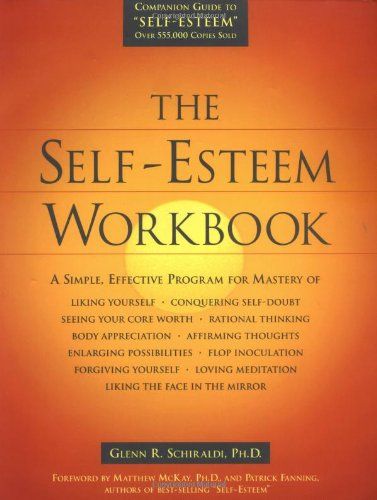 The book begins with identifying your specific executive skill profile in nine essential capacities, including:
The book begins with identifying your specific executive skill profile in nine essential capacities, including:
- organizational skills
- time management
- emotional control
- task initiation
The book is divided into those nine sections and encourages you to start with the sections specific to your unique profile score so that you can better manage life’s complex tasks and demands.
What we like
- The book offers science-based strategies and concrete examples.
- It helps you clarify your strengths and goals, and stay motivated.
What to look out for
- For those who have trouble reading large chunks of text, there are large paragraphs throughout.
- This is a workbook that asks you to pause frequently to write and reflect.
Buy “The Smart but Scattered Guide to Success” here.
Best for worrying
Worry Trick: How Your Brain Tricks You Into Expecting the Worst and What You Can Do About It
- Price: $$
- Formats: paperback, Kindle, audiobook
“Worry Trick” is written for people who find themselves constantly worrying about the improbable.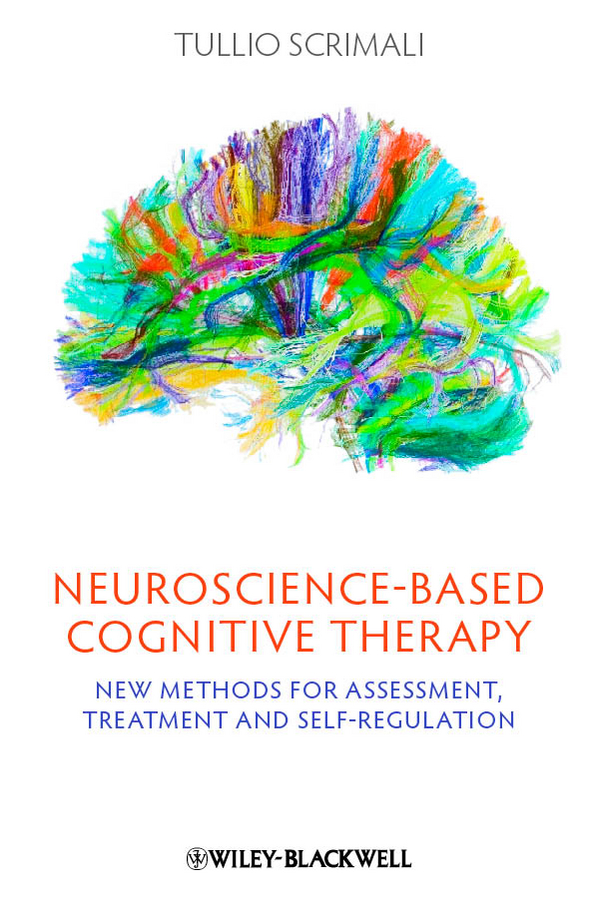 This book is based on acceptance and commitment therapy (ACT) as well as cognitive behavioral therapy (CBT).
This book is based on acceptance and commitment therapy (ACT) as well as cognitive behavioral therapy (CBT).
Instead of asking you to resist your anxiety or avoid it, the author, David Carbonell, reveals that avoidance may make anxiety worse. He puts emphasis on techniques to address your worry as a process.
Carbonell has a doctorate in clinical psychology and has had a practice devoted exclusively to the treatment of anxiety disorders in Chicago for more than 30 years.
What we like
- “Worry Trick” offers great content for a great price.
- This is a very readable book, written in a clear and witty manner with images and analogies.
- The book provides specific interventions that the reader can apply immediately.
What to look out for
- The author focuses on helping a reader with their hypothetical worries, specifically improbable and unforeseeable events like a plane crash or being diagnosed with a terminal illness.
Buy “Worry Trick” here.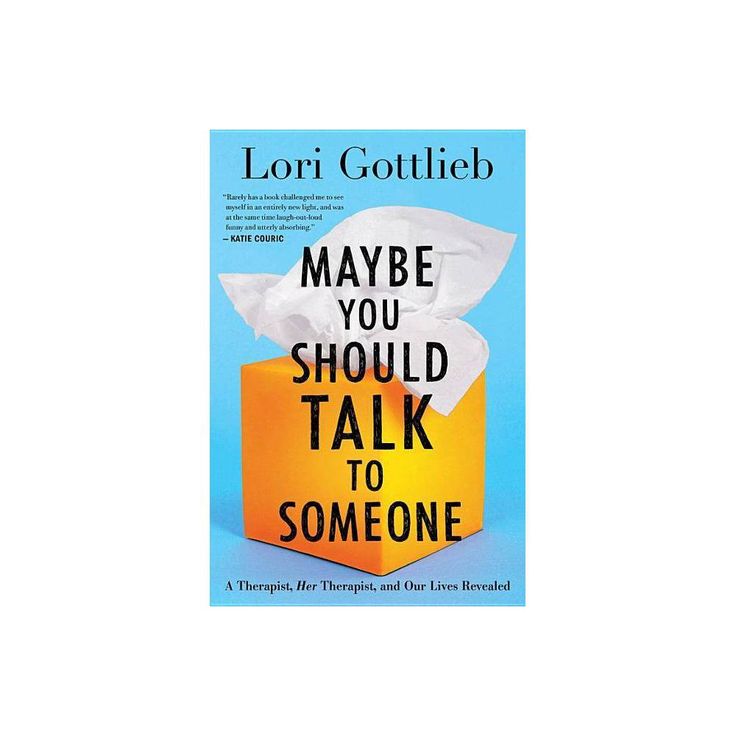
Best for vulnerability and leadership
Daring Greatly: How the Courage to Be Vulnerable Transforms the Way We Live, Love, Parent, and Lead
- Price: $
- Formats: paperback, hardcover, Kindle, audiobook
In “Daring Greatly,” the author Brene Brown explores the answers to questions about courage, including:
- What drives our fear of being vulnerable?
- How are we protecting ourselves from vulnerability?
- What price are we paying when we shut down and disengage?
Brown rejects the notion that vulnerability is a weakness and argues instead that it’s the birthplace of innovation and creativity. She writes, “When we shut ourselves off from vulnerability, we distance ourselves from the experiences that bring purpose and meaning to our lives.”
What we like
- The author draws upon extensive research and personal experiences.
- It’s a fast-paced read, with kitchen table storytelling techniques.
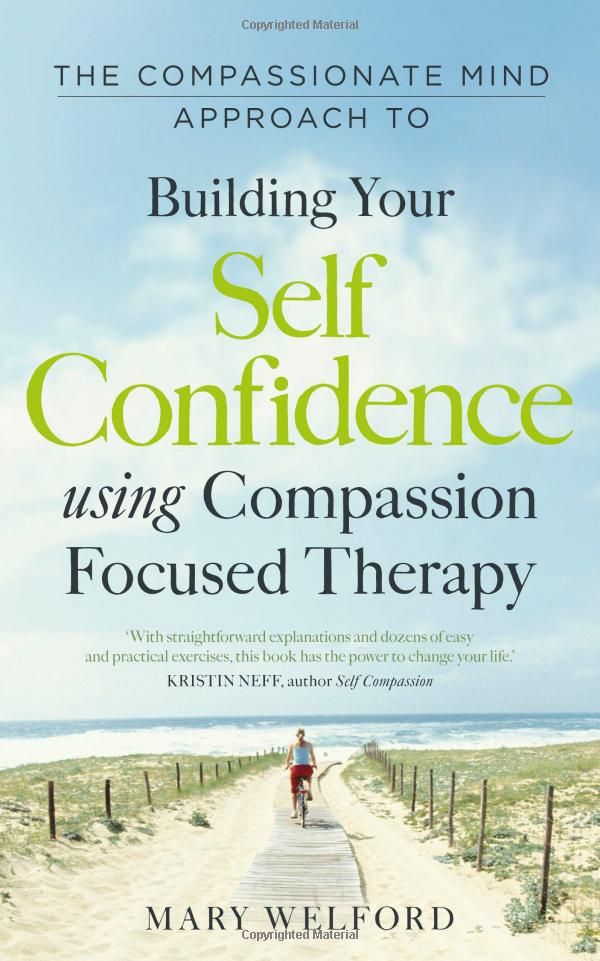
What to look out for
- The author uses her own personal experiences as a starting point for explanations, in lieu of using dense empirical data.
Buy “Daring Greatly” here.
Whether you’re dealing with depression or difficulties with executive functioning skills or chronic worry, you can start increasing your mindfulness in each of these areas from the comfort of your home — with or without a mental health professional.
While some mental health conditions require treatment that may include medication or therapy, self-help books can be useful tools to get you started or move you along in your journey to feeling better.
If working through a self-help book isn’t bringing you the relief you were hoping for, consider reaching out to a trusted healthcare or mental health professional. Together, you can devise a treatment plan that may include self-care strategies in addition to recommended medications or therapies.
6 self-help books - Julia Gridasova
People are increasingly thinking about their psychological well-being.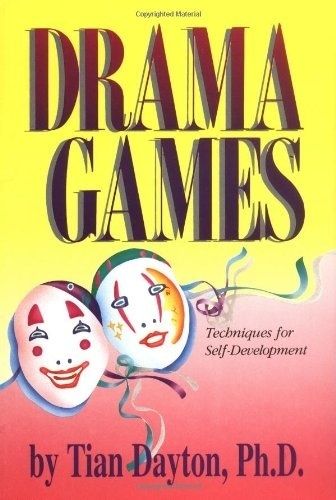 Encountering internal and external problems prompts the search for information and help. It is important that both the first and the second are of high quality, reasonable, appropriate, timely and accessible. I have compiled a list of books that offer real tools and explain in simple terms the difficulties that each of us may face.
Encountering internal and external problems prompts the search for information and help. It is important that both the first and the second are of high quality, reasonable, appropriate, timely and accessible. I have compiled a list of books that offer real tools and explain in simple terms the difficulties that each of us may face.
nine0008 "Your own psychotherapist" series
A wonderful series of small self-help books in Ukrainian from the Svichado publishing house. To date, there are already nine books on the most common disorders:
- depression;
- social anxiety;
- phobias;
- obsessive-compulsive disorder;
- eating disorder;
- panic disorder;
- excessive health anxiety; nine0014
- dependencies;
- post-traumatic stress disorder.
The Ukrainian Institute of Cognitive Behavioral Therapy and the Institute of Mental Health of the UCU are in charge of translation and adaptation of the manuals.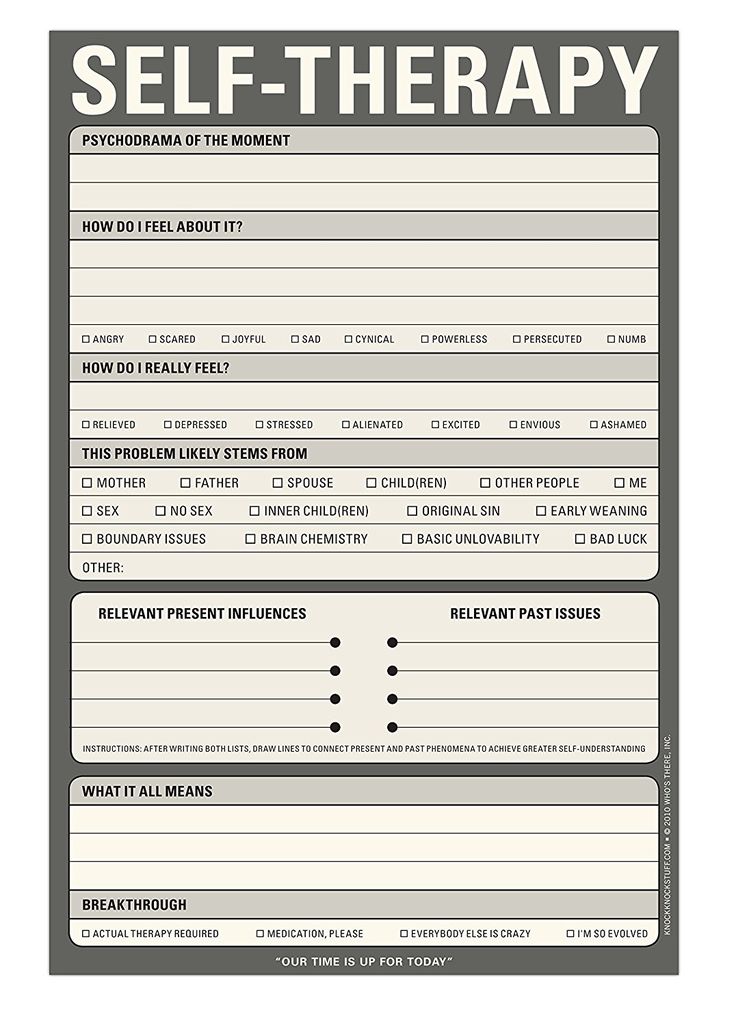 The books are easy to read, all the information is presented in an accessible way and illustrated with examples, and the recommendations are scientifically based. You can order books here, they cost only 30-35 hryvnia. The format of the books allows you to carry them with you and refer to the advice given there at any time. nine0003
The books are easy to read, all the information is presented in an accessible way and illustrated with examples, and the recommendations are scientifically based. You can order books here, they cost only 30-35 hryvnia. The format of the books allows you to carry them with you and refer to the advice given there at any time. nine0003
"How to Beat Stress and Depression" Matthew McKay, Martha Davis
The next book is a step-by-step guide to getting rid of mood-based problems. Effective methods of cognitive-behavioral therapy, proven treatment protocols, task templates in the form of a workbook - all this will allow any person, even far from psychology, to change bad habits of thinking, develop a new outlook on life, learn to better understand themselves and manage their mood. The authors of the manual focus on practice: only by regularly applying the proposed tools can you really get a result. nine0003
The book covers strategies for overcoming such difficulties as:
- anxiety;
- panic disorder;
- perfectionism;
- obsessive thinking;
- phobias;
- depression;
- low self-esteem;
- shame and guilt;
- anger;
- avoidance;
- bad habits;
- procrastination.
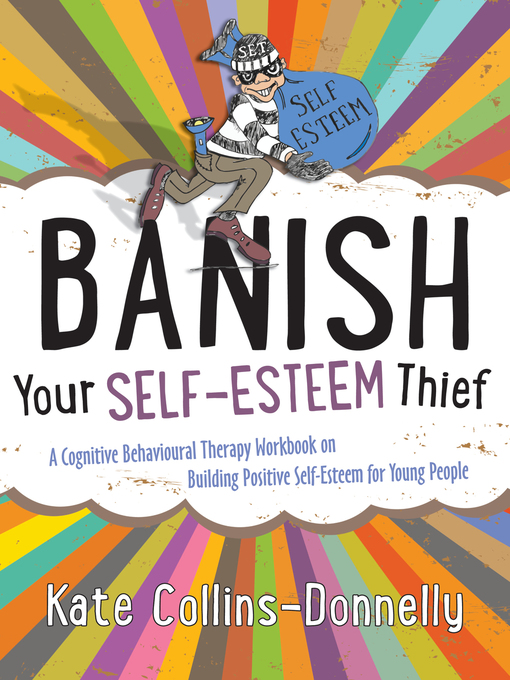
Even if you don't have any of the above problems, you will be interested in this book for its practical recommendations. nine0003
"Don't put pressure on my psyche!" Ellis Albert
Do you feel that your psyche is under pressure? Then this book is for you. The authors will teach you how to deal with excessive emotions, and even better - not to be influenced by trigger situations. How do we let others and circumstances get on our nerves? How do we unsettle ourselves? Why is it harmful to constantly look for the roots of failures and problems in the past? What is the catch of positive thinking? You will find answers to these and many other questions in the book "Don't put pressure on my psyche!" nine0003
“Mood management. Methods and Exercises Dennis Greenberger, Christine Padesky
Another good self-help book written by two brilliant clinical psychologists. One of the most effective areas of psychological assistance is cognitive therapy.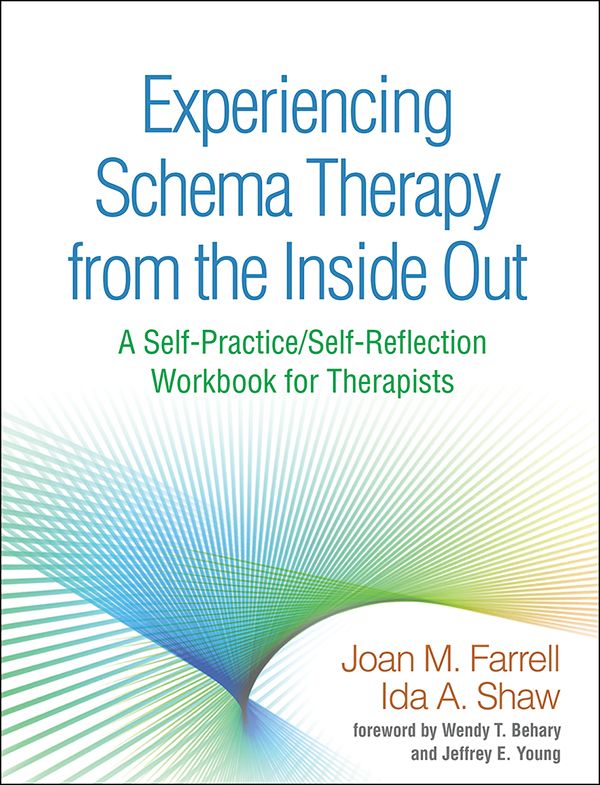 The authors talk about four heroes, their problems and demonstrate how to cope with various difficulties using their examples. The book is really a storehouse of methods and exercises, using which you will learn to deal with your automatic reactions and control your mood. nine0003
The authors talk about four heroes, their problems and demonstrate how to cope with various difficulties using their examples. The book is really a storehouse of methods and exercises, using which you will learn to deal with your automatic reactions and control your mood. nine0003
“Psychology of positive changes. How to get rid of bad habits forever» James Prochazka, John Norcross, Carlo di Clemente
For those who want to get rid of bad habits. The book highlights the stages of change, their signs and help at each stage. The volume of the material is added by real history of changes. Orientation to the analysis and solution of specific errors of thinking and behavior, and not a deep study of personal traumas. But this approach has clearly proved its effectiveness. nine0003
The happiness trap. Stop worrying - start living.” Harris Russ
A wonderful book based on a very sensible remark: the more we strive for total happiness, the more we suffer.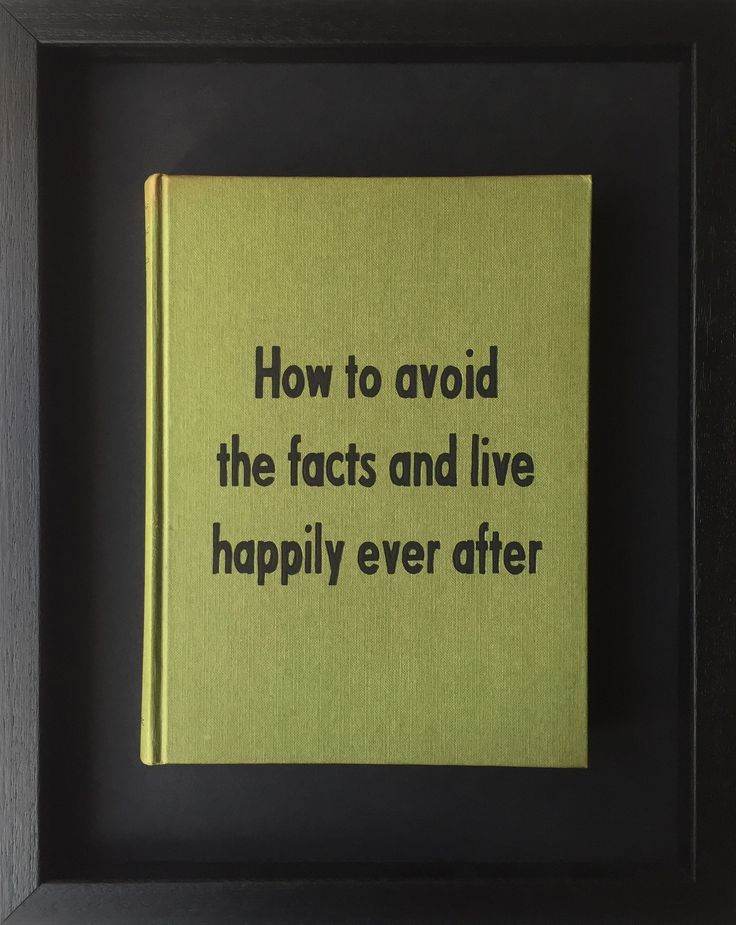 The author easily and naturally debunks the myths about happiness (“Happiness is the natural state of all people”, “If I am unhappy, then something is wrong with me”, “In order to change life for the better, you need to get rid of negative feelings” and others ), shows what is the catch of the desire for control over thoughts, feelings and situations and how it can be expressed, teaches you how to get along with yourself, stop chasing illusory happiness and start living. The material in this book is well complemented by the exercise from my article “Negative Experiences: Fight or Accept?” nine0003
The author easily and naturally debunks the myths about happiness (“Happiness is the natural state of all people”, “If I am unhappy, then something is wrong with me”, “In order to change life for the better, you need to get rid of negative feelings” and others ), shows what is the catch of the desire for control over thoughts, feelings and situations and how it can be expressed, teaches you how to get along with yourself, stop chasing illusory happiness and start living. The material in this book is well complemented by the exercise from my article “Negative Experiences: Fight or Accept?” nine0003
I sincerely recommend The Happiness Trap to everyone. This is the knowledge that is worth mastering for anyone who seeks to live in harmony with himself and the world.
Books are a wonderful resource. Sometimes a good aid is enough to make it easier. It is worth remembering that the book cannot replace the need for a professional examination procedure (by a psychologist, psychotherapist, psychiatrist), prescription of medications and psychotherapy itself, but can be a valuable addition. I wish you a pleasant reading and the use of new knowledge! nine0003
I wish you a pleasant reading and the use of new knowledge! nine0003
Like this article? Share with friends!
Share
Share
Tweet
About the author
Hey! My name is Yulia Gridasova. I am a psychologist and psychotherapist. My profile: family relationships, self-confidence and achievement of goals, overcoming the crisis. If you liked the article, check out my blog, there is a lot more useful information in it.
If the problem described in the article seemed close to you and you would like to discuss it, Sign up for a consultation, I can definitely help you. nine0003
10 books about psychotrauma and how to deal with it
78060
BooksRelationship crisisAntistress
and the taste of life, restore peace of mind, return to everyday life? Lyudmila Trubitsyna, a medical psychologist, a specialist in working with trauma, explores in detail the phenomenon of experiencing a traumatic event: death or threat to the life of a loved one, illness, severe humiliation, a situation of “collapse”, “failure”, loss of all hope.
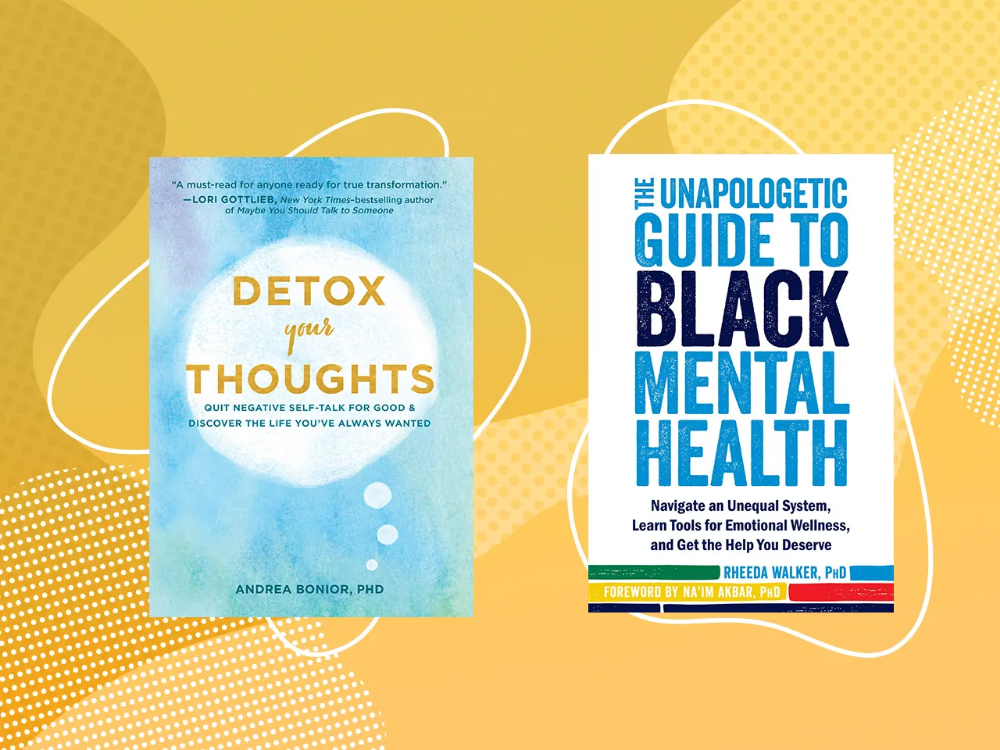 nine0003
nine0003 Trauma is not something exceptional; it occurs in the life of almost any person. The author sees in it a certain single integral process with its stages, patterns and mechanisms, which are described in detail in the book. Separate sections are devoted to the peculiarities of children's perception and modern methods of psychological assistance.
2. "Female Emotional Trauma"
Linda Shiers Leonard, Klass, 2011
A study by the American Jungian psychotherapist Linda Leonard focuses on women who experienced dramatic childhood relationships with their father. By telling the stories of patients, describing their wounding relationship with an authoritarian or seductive, humiliating or indifferent father, the author shows how this trauma is formed and manifests itself. nine0003
“These women appear to be quite successful when they come to my office,” writes Linda Leonard, “but behind their outward success lies deep despair, feelings of abandonment and loneliness, fear of rejection, and an inability to form close relationships with men. It is as if they do not live their own lives, but only perform the roles imposed on them. How to heal from childhood trauma and regain your true self, this book tells.
It is as if they do not live their own lives, but only perform the roles imposed on them. How to heal from childhood trauma and regain your true self, this book tells.
3. "Psychic trauma"
Mikhail Reshetnikov, Yurait, 2018
The main ideas of the analytical theory of trauma, the history of the issue, diagnostic methods, as well as the symptoms of post-traumatic disorders and methods for their correction. Doctor of Psychology, Rector of the East European Institute of Psychoanalysis Mikhail Reshetnikov wrote a fundamental work and addressed it primarily to future psychologists. But the book is written in a language accessible to a wide audience, it will be useful for practicing psychologists as well.
“No therapy makes a person happy,” writes Mikhail Reshetnikov. “All we can do is just remove obstacles and help: first find peace of mind, and then feel the support under your feet for the next step – to a fulfilling life. And even this little we can only if we can understand the patient.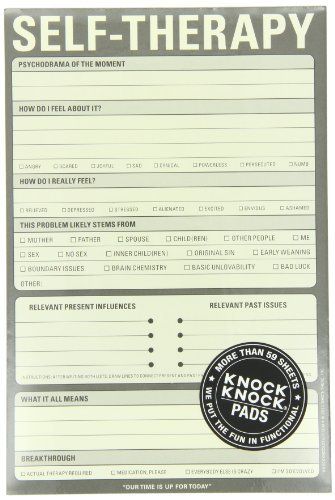 His book is an attempt to get closer to such an understanding. nine0003
His book is an attempt to get closer to such an understanding. nine0003
4. “Trauma, connection and family constellations. Understanding and healing emotional wounds»
Franz Ruppert, Institute for Counseling and Systems Solutions, 2010
The German clinical psychologist Franz Ruppert uses the family constellation method. But to work with traumatic events, he created his own form - the arrangement of trauma. Ruppert proceeds from the fact that in the course of trauma, the soul splits into healthy, surviving and traumatized parts. And the surviving "I" needs resources not to come into contact with the traumatized "I". nine0003
If the traumatized person fails to subsequently "process" the traumatic event—that is, to remember, comprehend, and re-feel the dissociated feelings—the psychic split will persist. It is in trauma that Ruppert sees the basis of such mental illnesses as phobias, panic attacks, schizophrenia and paranoia. In the book, he gives a classification of injuries, illustrating it with practical examples.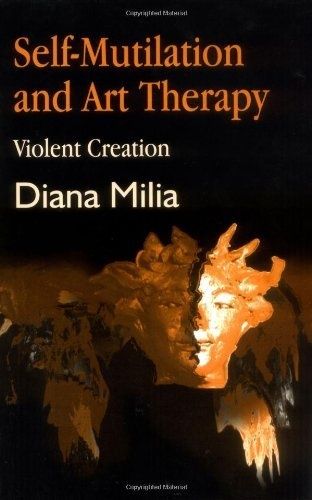 The path to healing is the restoration and “recovery” of connections and attachments.
The path to healing is the restoration and “recovery” of connections and attachments.
5. “Trauma and soul. A Spiritual-Psychological Approach to Human Development and Its Interruption”
Donald Kalsched, Cogito Center, 2015
The title of the book reflects the idea of the coexistence of two worlds: material and spiritual. Their meeting place is the human soul. In therapeutic work with patients who have suffered from early childhood trauma, Jungian analyst Donald Kalsched takes into account this binary soul - and its spiritual potential, and the experience of mystical experiences.
Here is an example. An angel blocks the path of a little girl who carries a note from her mother to her father in the office. The second attempt to deliver the message fails for the same reason. The third time the mother walks with her daughter and sees that the husband has died at the table in his office. Whether the angel was a fiction or not, in any case, he protected the girl from impressions that the child could not bear.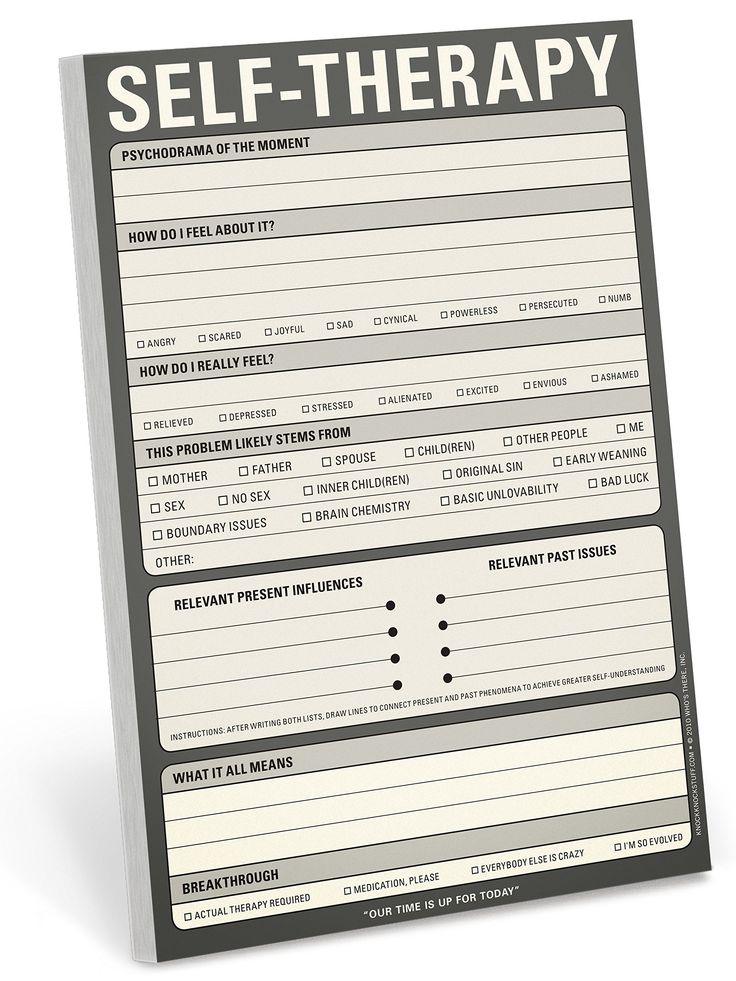 nine0003
nine0003
What will happen to the angel next? It depends on the mother. If she comforts the child, the angel will disappear, because his presence will no longer be needed. If the mother plunges into her own grief, the angel will remain to protect the child from loneliness. Perhaps later he will become a dark angel, saving the girl at the same time from contact with reality, and from development, for which such contact is necessary.
This is just one episode among many dozens of cases in which Donald Kalsched explores the work of mental forces in a situation of early trauma. The author describes the trauma as a forced gap in the development of the personality, and psychological protection as a special reality, a kind of mythopoetic cocoon for the suffering soul, from which, however, it is sometimes difficult to get out. nine0003
6. “Under the shadow of Saturn. Men's Psychic Traumas and Their Healing”
James Hollis, Cogito Center, 2005
Famous Jungian analyst, director of the C.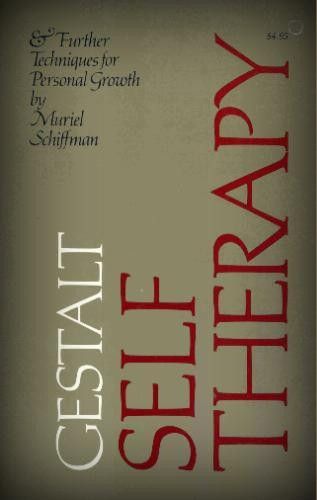 G. Jung in Houston reflects on the causes of men's psychological vulnerability. Boys grow up under the yoke of the image of a Man, who must meet certain role expectations, compete and be at enmity with rivals. Suffering from their failure, experiencing the fear of inconsistency with the archetypal image, men inflict injuries on themselves and others. nine0003
G. Jung in Houston reflects on the causes of men's psychological vulnerability. Boys grow up under the yoke of the image of a Man, who must meet certain role expectations, compete and be at enmity with rivals. Suffering from their failure, experiencing the fear of inconsistency with the archetypal image, men inflict injuries on themselves and others. nine0003
In speaking of the inevitability and even necessity of some of these injuries, Hollis offers seven steps to self-healing—at least on an individual level. Among these steps are, for example, the following: the search for teachers and mentors, the willingness to tell secrets and participate in the "revolution" - that is, in the process of radical change.
7. Trauma and Human Existence
Robert Stolorow, Cogito Center, 2016
Classical Freudian psychoanalysis assumes that the basis of our psyche is drives that belong to the individual psyche. Robert Stolorow proposes a new psychoanalytic approach. It is based on affects, that is, subjective emotional experiences.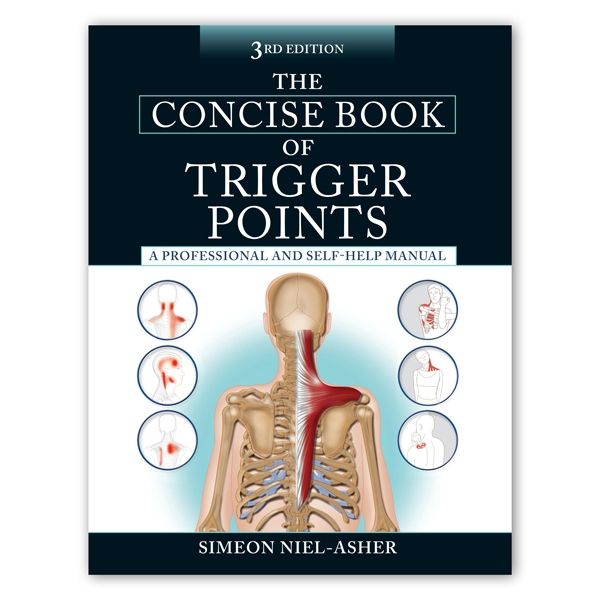 How each of us experiences affects depends not only on ourselves, but also on whether we find in others understanding and willingness to respond to our feelings. nine0003
How each of us experiences affects depends not only on ourselves, but also on whether we find in others understanding and willingness to respond to our feelings. nine0003
This approach, called intersubjective systems theory, is used by Robert Stolorow to make sense of his own loss. His first wife died of cancer, and his mourning dragged on for many years. But the grief became easier to bear at the moment when the new wife Julia was able to meet the pain of his loss, not considering that her own presence in her husband's life was diminished by this experience. Philosophical and at the same time deeply personal narrative touches upon the painful question of being: the limited existence in time of ourselves and our loved ones - and is based on psychoanalysis and the works of Martin Heidegger. nine0003
“When my traumatized states could not find emotional shelter, I became insensible and my world bleak. When I again found such a shelter, I came to life, and the colors of my world returned.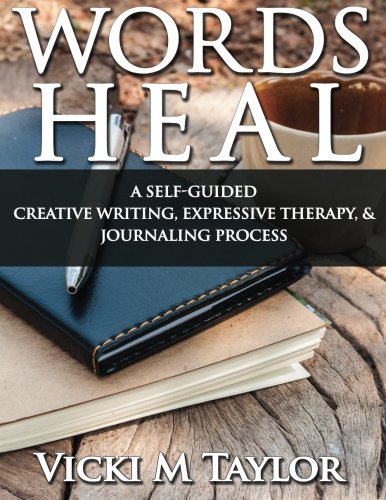
8. “Post-trauma. Diagnostics and Therapy”
Olga Bermant-Polyakova, Rech, 2006
Most people cope with traumatic experiences on their own. In this case, a specialist can assess the resources of the victim, help to comprehend the crisis event, learn to live without the lost and create something new. Working with people who have not managed to overcome the destructive impact of trauma on their own requires a special approach. nine0003
Israeli clinical psychologist and psychotherapist with 25 years of experience Olga Bermant-Polyakova describes in detail the consequences of trauma, talks about "disclosure therapy" according to Edna Foa, about working through anger, shame and guilt in post-trauma psychotherapy. In addition, he introduces the basics of psychoanalytic diagnostics and psychodynamic interpretation of the Rorschach test, the main projective method in foreign clinical psychology.
9. Fragments of Childhood Trauma
Donna Jackson Nakazawa, Bombora, 2018
How does negative childhood experience affect a person's mental and physical health in adulthood? Science journalist Donna Nakazawa has experienced the effects of early trauma and has done a great job of researching the topic in depth.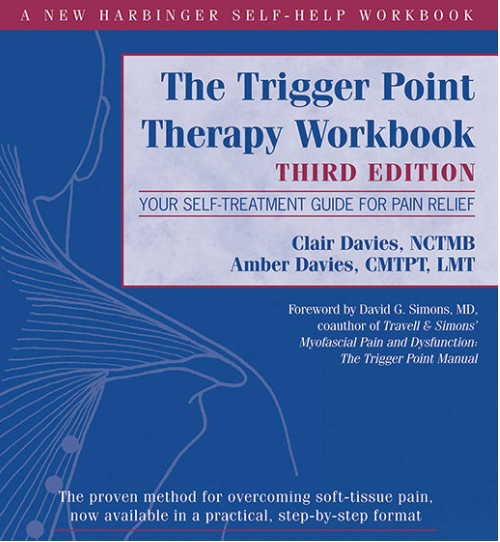 She met doctors and psychologists, wrote down the personal histories of their clients, and also collected and described the latest scientific discoveries that confirm the negative changes in the brain that result from traumatic experiences.
She met doctors and psychologists, wrote down the personal histories of their clients, and also collected and described the latest scientific discoveries that confirm the negative changes in the brain that result from traumatic experiences.
But in the second part of the book, the author explains that many problems can be overcome in adulthood. She cites stories of people who managed to cope with the consequences of traumatic events on their own and describes good methods that work.
10. Ancestral Syndrome
Ann Anselin Schutzenberger, Institute of Psychotherapy Press, 2011
Unhealed traumas are passed down from generation to generation, slowly but powerfully affecting the lives of unsuspecting descendants. Psychogenealogy allows you to see these secrets of the past and stop paying the debts of your ancestors. But doing this alone is difficult, you need the eye of a psychotherapist to follow all the intricacies of mental associations and reservations, as in any psychotherapy.